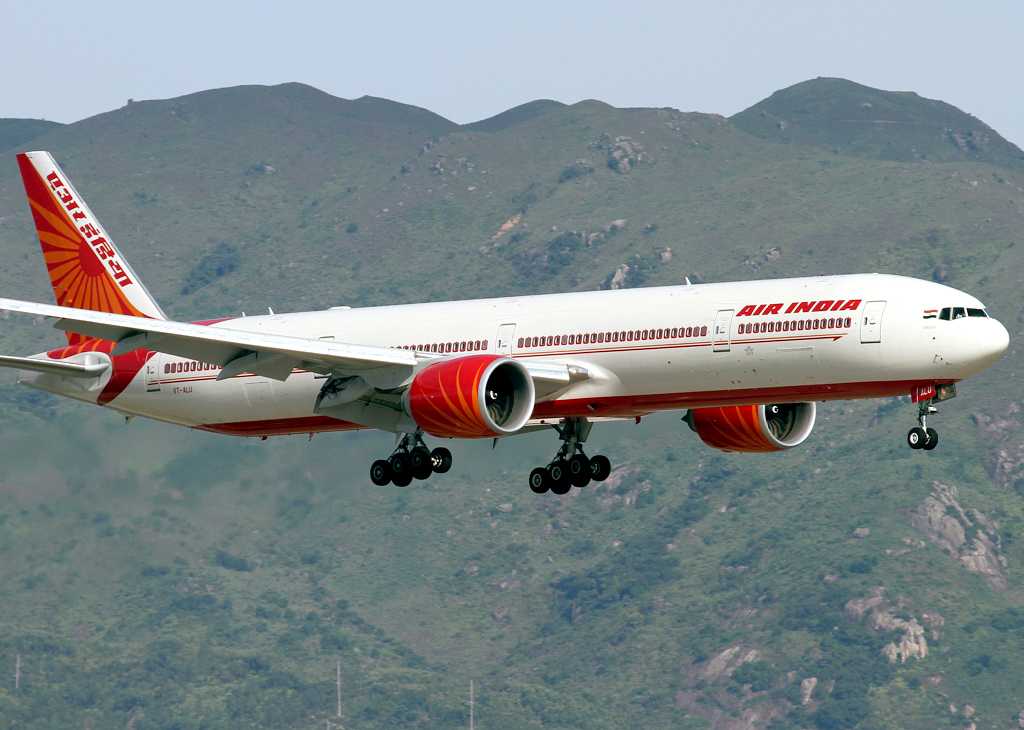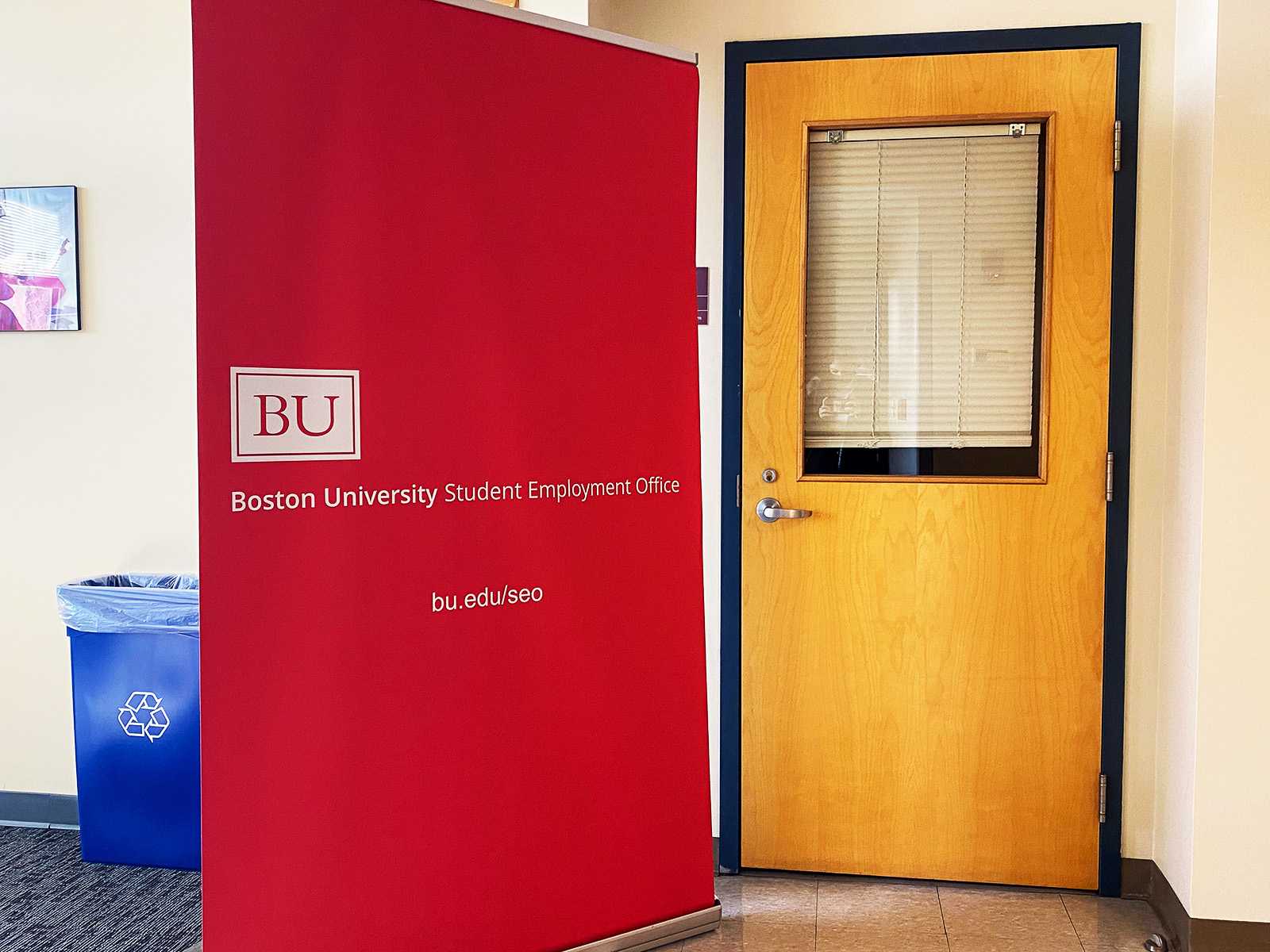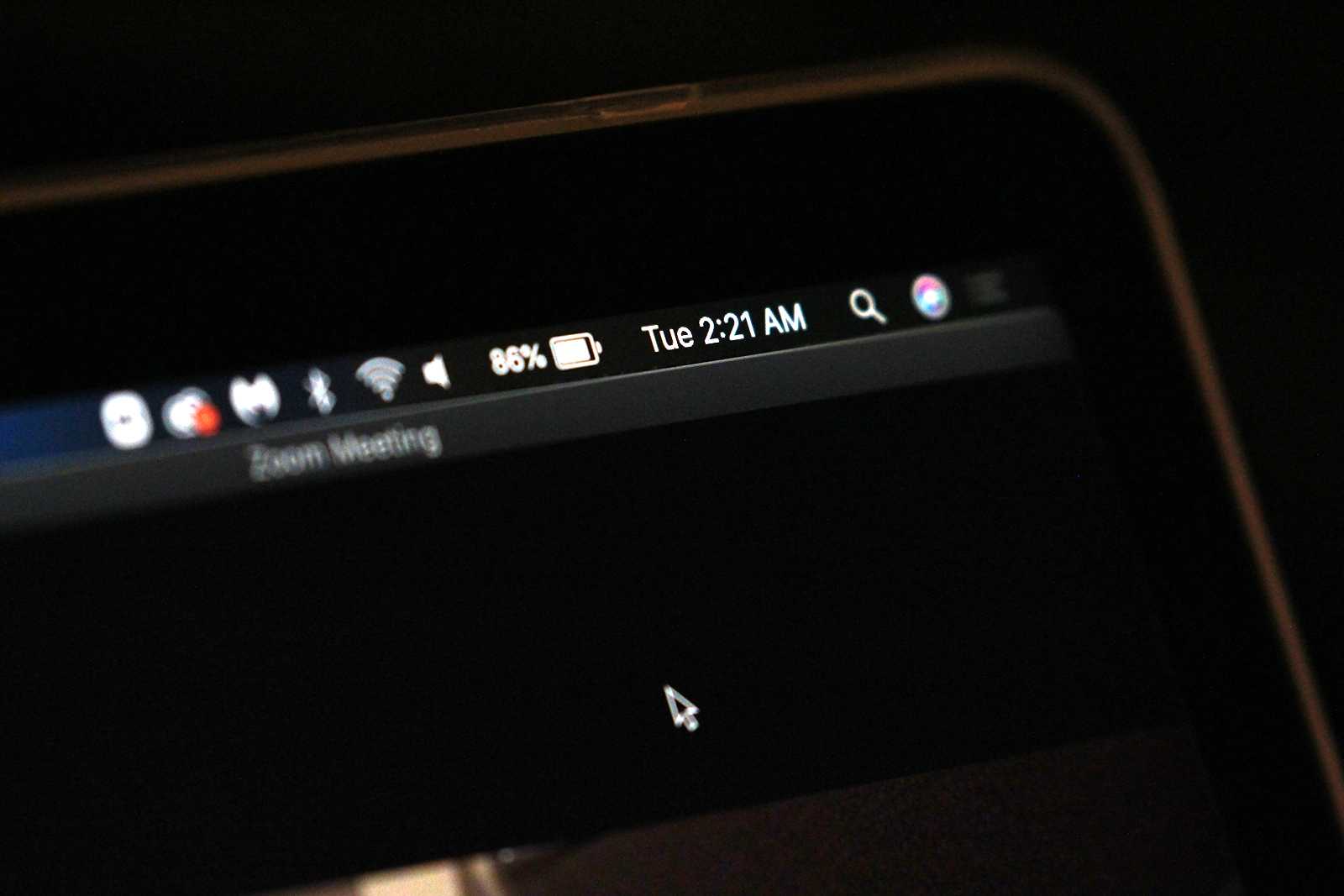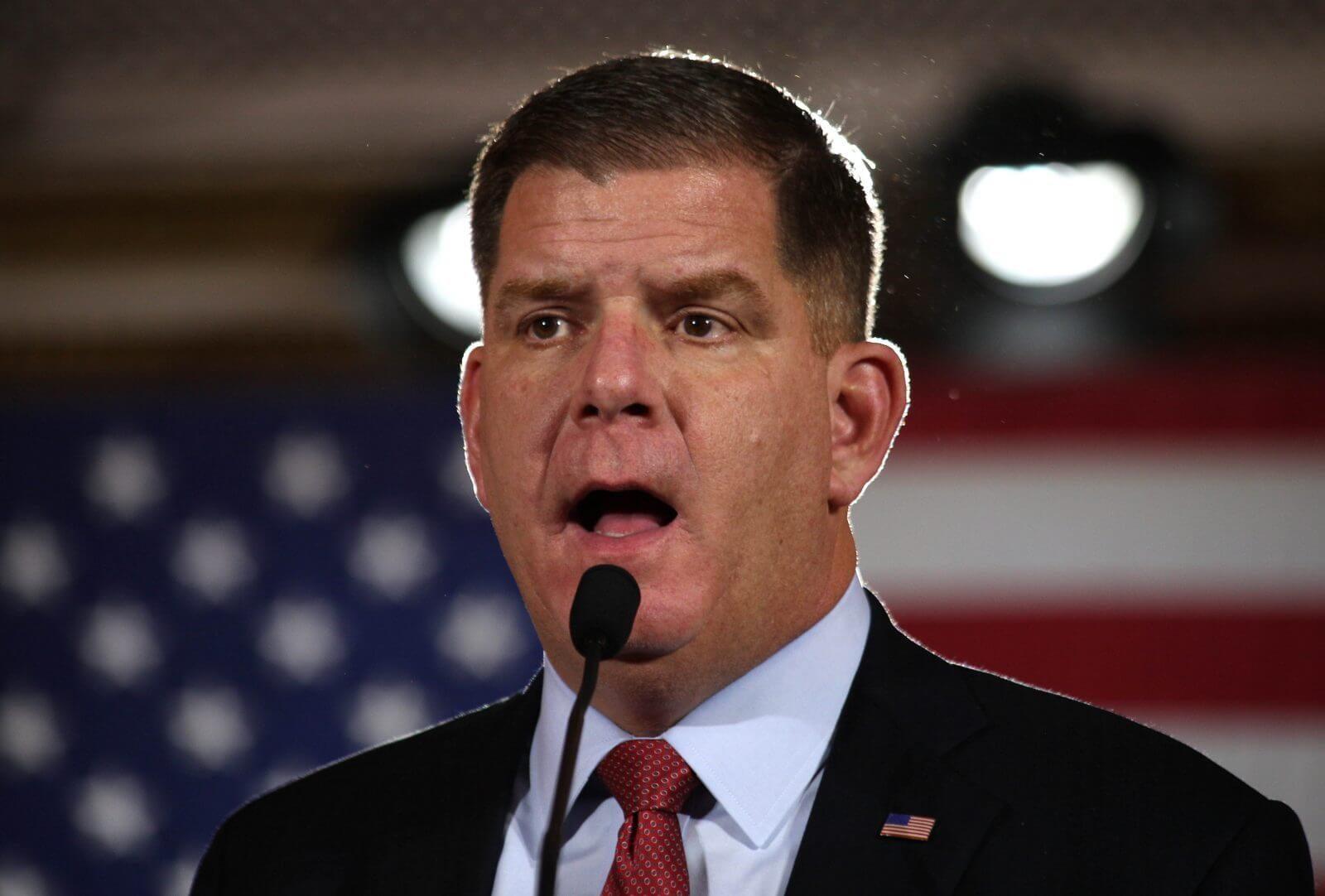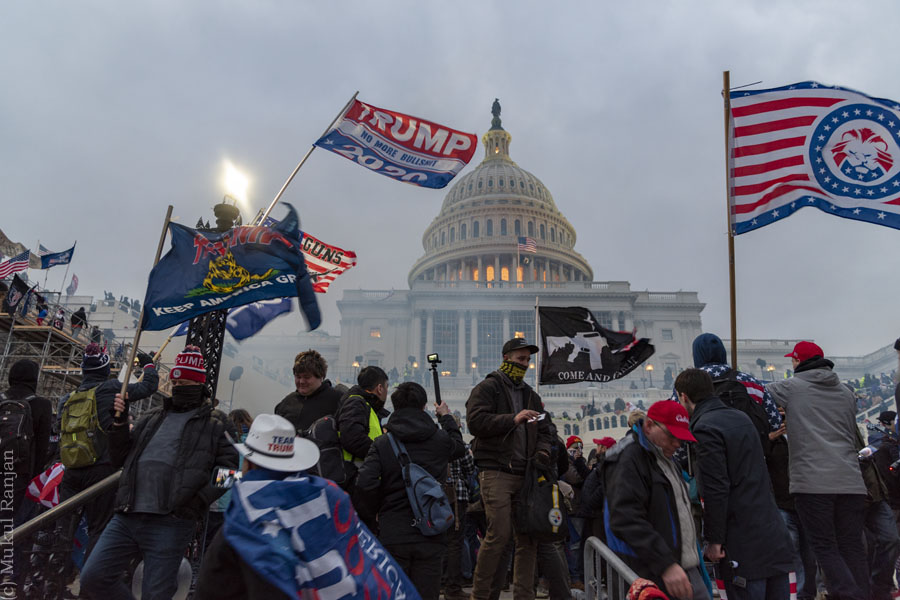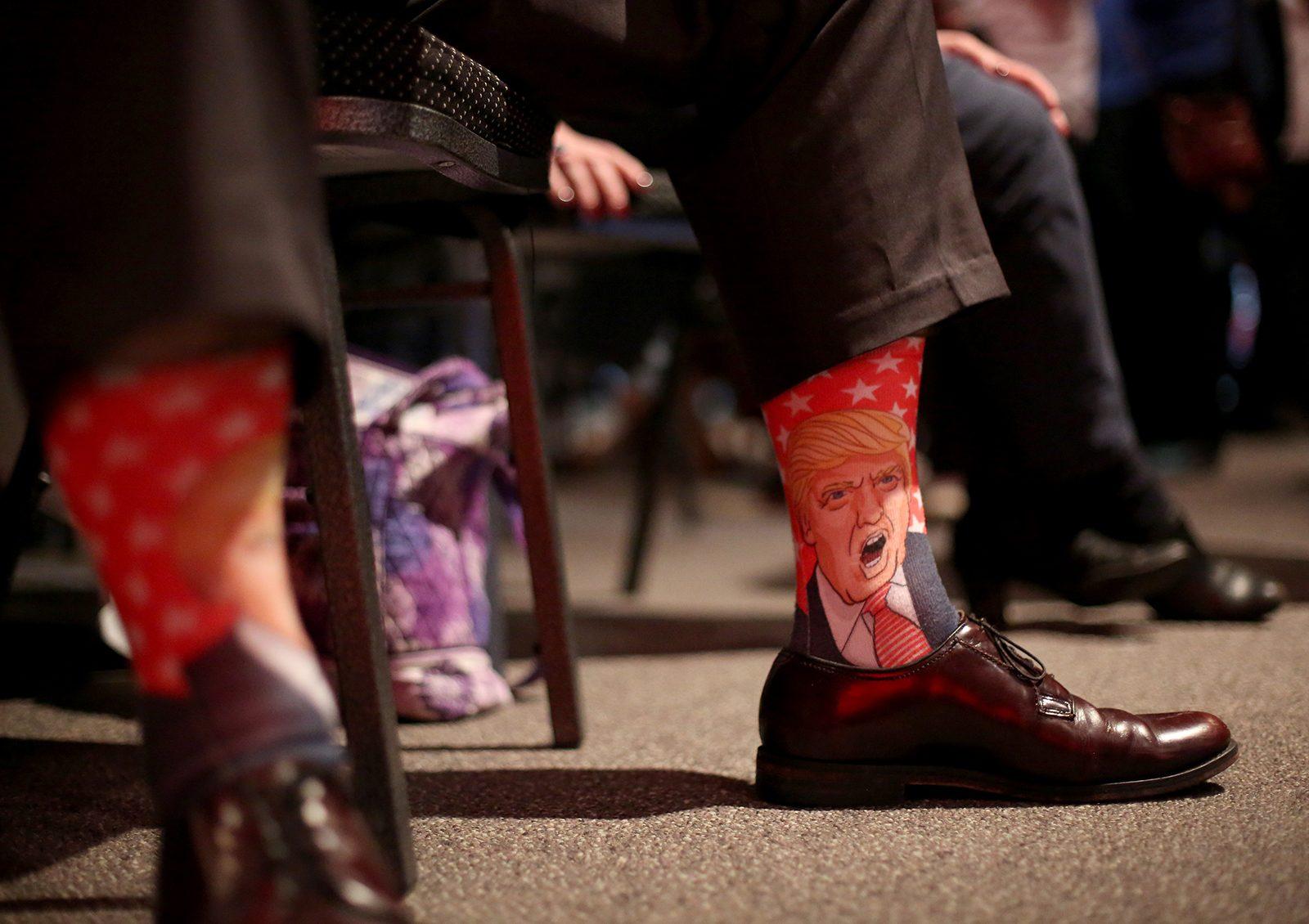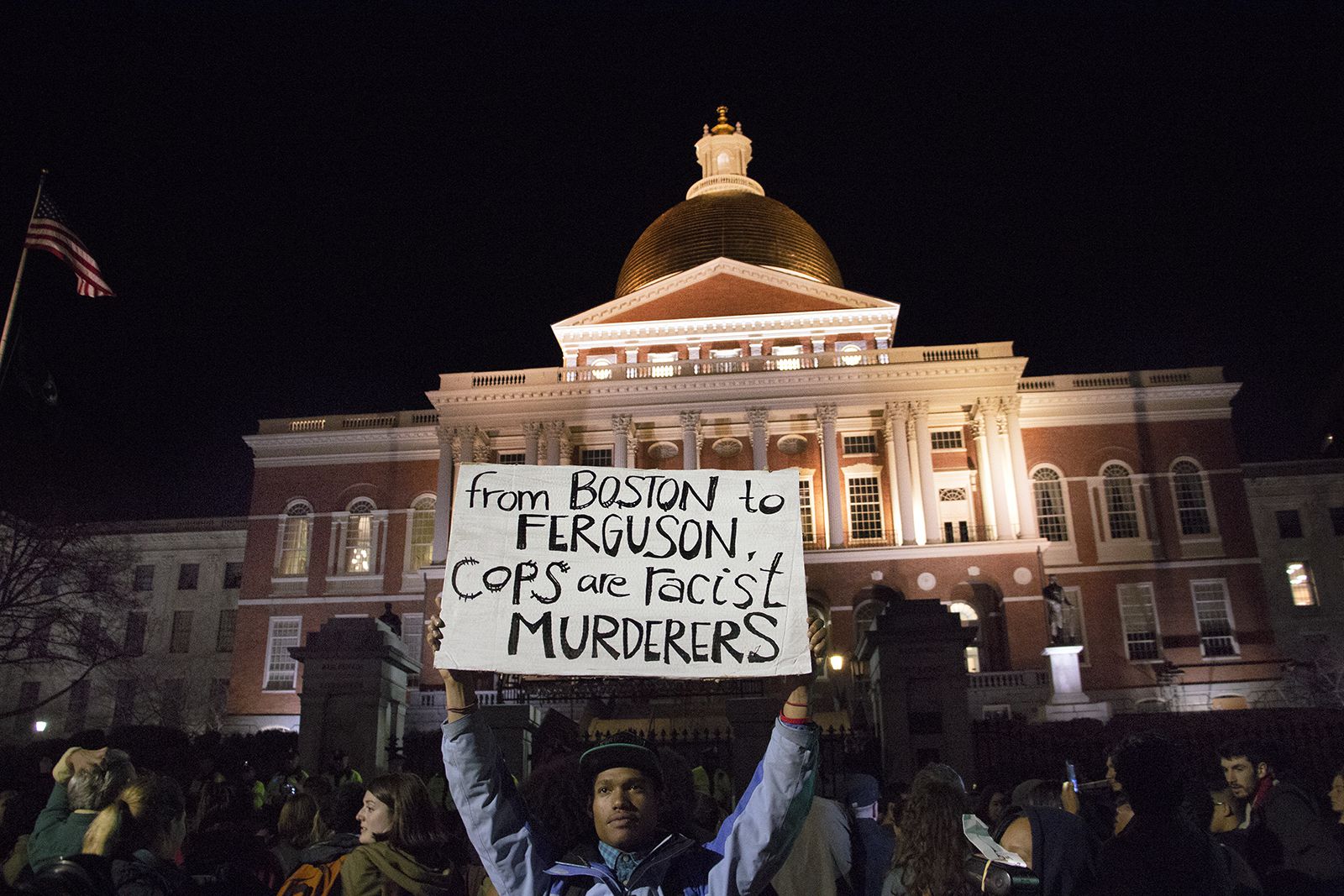The Battle of Fallujah shows "the incapacity of Americans to recognize U.S. crimes," Noam Chomsky said Thursday.
About 150 people listened to Chomsky, journalist Dahr Jamail and College of Arts and Sciences junior Ross Caputi speak about the importance of remembering Fallujah in order to raise money for the Justice for Fallujah Project.
The project organized the "Emergency Fundraiser for Fallujah" at the Paulist Center on Park Street to help raise money to bring Dr. Muhammad Tareq Al-Darraji and Dr. Entesar Ariabi to Boston University in November. Singer and songwriter Simon Rios kicked off the event by performing original songs such as "The Bipartisan Hymn of the American Fascist" and "Struggle of Fallujah."
Following the musical performance, Caputi, veteran and co-founder of Justice for Fallujah, talked about his experiences in Iraq and the incidents that made him turn to promoting solidarity with the victims of what the panel said were war crimes in Fallujah.
Caputi showed audience members photos he took with a disposable camera in Fallujah that depicted life in the war zone.
"I remember feeling ridiculous and thinking the only real difference between me and them was they had every right in the world to be fighting against me where as I had no right to be fighting against them," he said.
Caputi said after he returned home, he wanted to forget everything.
"I wanted to go home, work, drink beer and be the hometown hero I set out to be," he said. "But it wasn't as easy as I thought it would be. In the back of my mind I was always wondering what happened to the people who lived in Fallujah &- where did they go how did they survive in the desert?"
Last year, Caputi found in his research that the people in Fallujah were suffering from major health crises, "which coincidentally began after the assault in 2004," he said.
Infant mortality, birth defects and cancer rates, especially in young children, are extremely high, he said.
The research shows the health problems in Fallujah are most likely a result of uranium-depleted weapons, Caputi said.
Some experts said the genetic damage in Fallujah is worse than in Hiroshima and Nagasaki after the atomic bombs, Caputi said.
Jamail, author of "Beyond the Green Zone," addressed the crowd via video conference call from Texas.
"I think we need to remember Fallujah really is an example of the lengths the U.S. government was willing to go to pacify a population," he said.
Jamail, who spent over nine months reporting in Fallujah, said he is greatful for the project because it's important for people to remember what happened in Fallujah six years ago.
"Fallujah really stands out as a monument to brutality that the U.S. military used in Iraq, not just in Fallujah but other instances as well," he said.
Chomsky, world-renowned author and Massachusetts Institution of Technology professor emeritus, concluded the event by elaborating on the importance of people recognizing what happened in Fallujah.
"If we can't acknowledge the facts of what we've done, very recently for that matter, then the world is in real trouble," he said.
Chomsky also said this lack of remorse was reflected in the media, citing a front page New York Times photo from after the first Fallujah siege.
The photo, he said, depicts marines attacking the Fallujah General Hospital.
". . .According to the liberal thinkers of The Times. . . it was legitimate to destroy a propaganda center that is reporting civilian casualties," he said.
Chomsky also talked about how Fallujah is similar to Vietnam and other incidents in history that show the "incapacity of Americans to recognize U.S. crimes or even know they have occurred."
"Fallujah is a partial illustration of this lack of remorse, but only partial," he said. "It was accurately recorded but it was celebrated so it wasn't a lack of remorse, it was celebration of ongoing war crimes."
Overall, Caputi said, the event was a huge success.
The project raised the $4,300 needed to bring the two Iraqi doctors to BU to share their discoveries with students and faculty in November.
"Not only did we raise the money that we needed, but we reached a lot of people who didn't know about the human rights violations that we committed in Fallujah," Caputi said
Categories:
Chomsky: US won’t acknowledge Iraq war crimes
By Daily Free Press Admin
•
September 19, 2010
0
Donate to The Daily Free Press
Your donation will support the student journalists of Boston University. Your contribution will allow us to purchase equipment and cover our annual website hosting costs.
More to Discover

















































































































